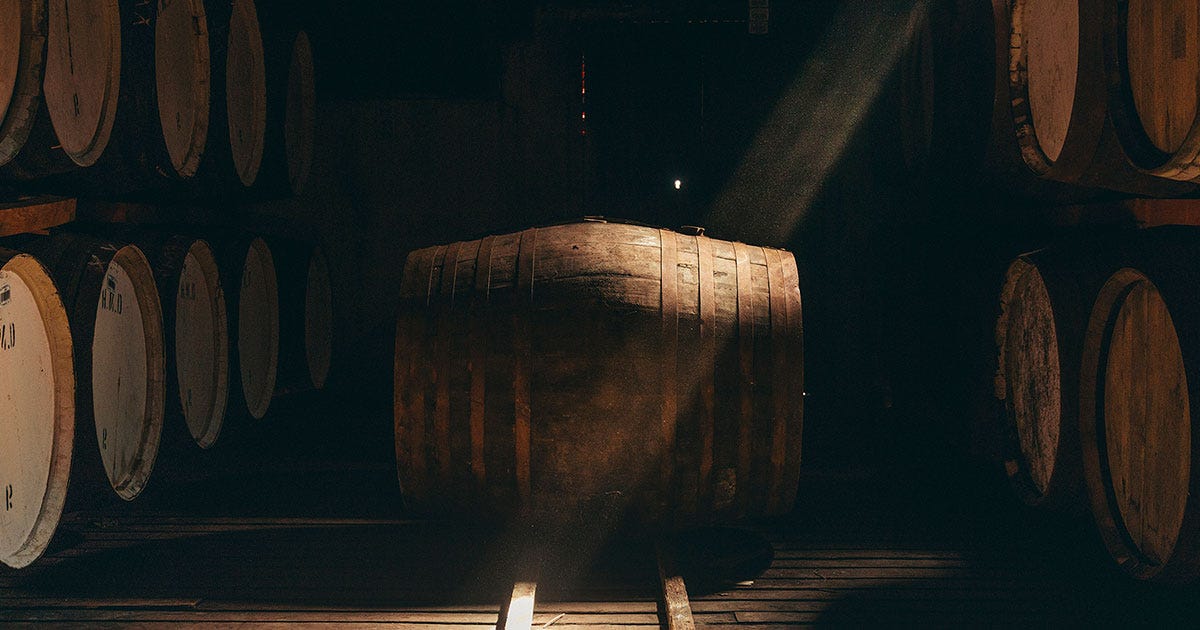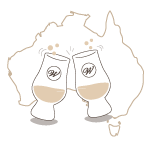

History
If you’ve managed to make it this far into this website the chances are that you know that whisky is an alcoholic beverage. The information on this page is not sufficient to make you a leading expert, but will certainly lay the foundations for you to become an anorak. Most importantly, however, it is intended to help you enjoy and appreciate the greatest drink in the world. If you don’t understand a term, try the glossary and if that doesn’t help then use your computer to harness the immense power of the world wide web and look it up yourself. If all else fails, just email us and we will probably know the answer. So without any further ado… let’s get into some whisky history.
Whisky, as we know it today, is a distilled spirit made from grain and matured in oak. Distillation does not make alcohol, fermentation makes alcohol. The use of fermentation to make alcoholic beverages has existed since Neolithic times and has been documented as far back as 7000 BC in China. However, it seems that people were happy to drink beer and wine for the next 8000 years because the earliest documented distillation of alcohol was in 13th century Italy where some monks distilled wine into the earliest form of brandy. Drunken monks can’t keep secrets and soon the art of distilling spread to monasteries across Europe under the guise of “medicine”. By 1405, the Irish were making whisky, and in 1494 we have a record of Friar John Cor in Scotland ordering enough malt to make 500 bottles of Scotch. Whisky is an anglicisation of the Gaelic word uisge meaning water, from the term uisge beatha, meaning water of life. This was the common name of distilled spirits in those days.
A few major events over the years drove the industry and shaped it to how we know it today. First, Henry VIII banned the Catholics and shut down the monasteries in the early to mid-1500s. This meant that the newly independent monks began making liquor for cash to survive, and whisky was being made in various homes and on farms all over Scotland. For the next 300 years, the industry existed on various sides of the law in order to avoid taxation, until in 1823 the Excise Act was passed, legalising distillation and in so doing kick-starting the industry as we know it today. Finally, in the 1880’s the phylloxera pest wiped out the French brandy industry. This created the gap for Scotch whisky and just like that, they were off. Brandy and Cognac have never quite recovered.


